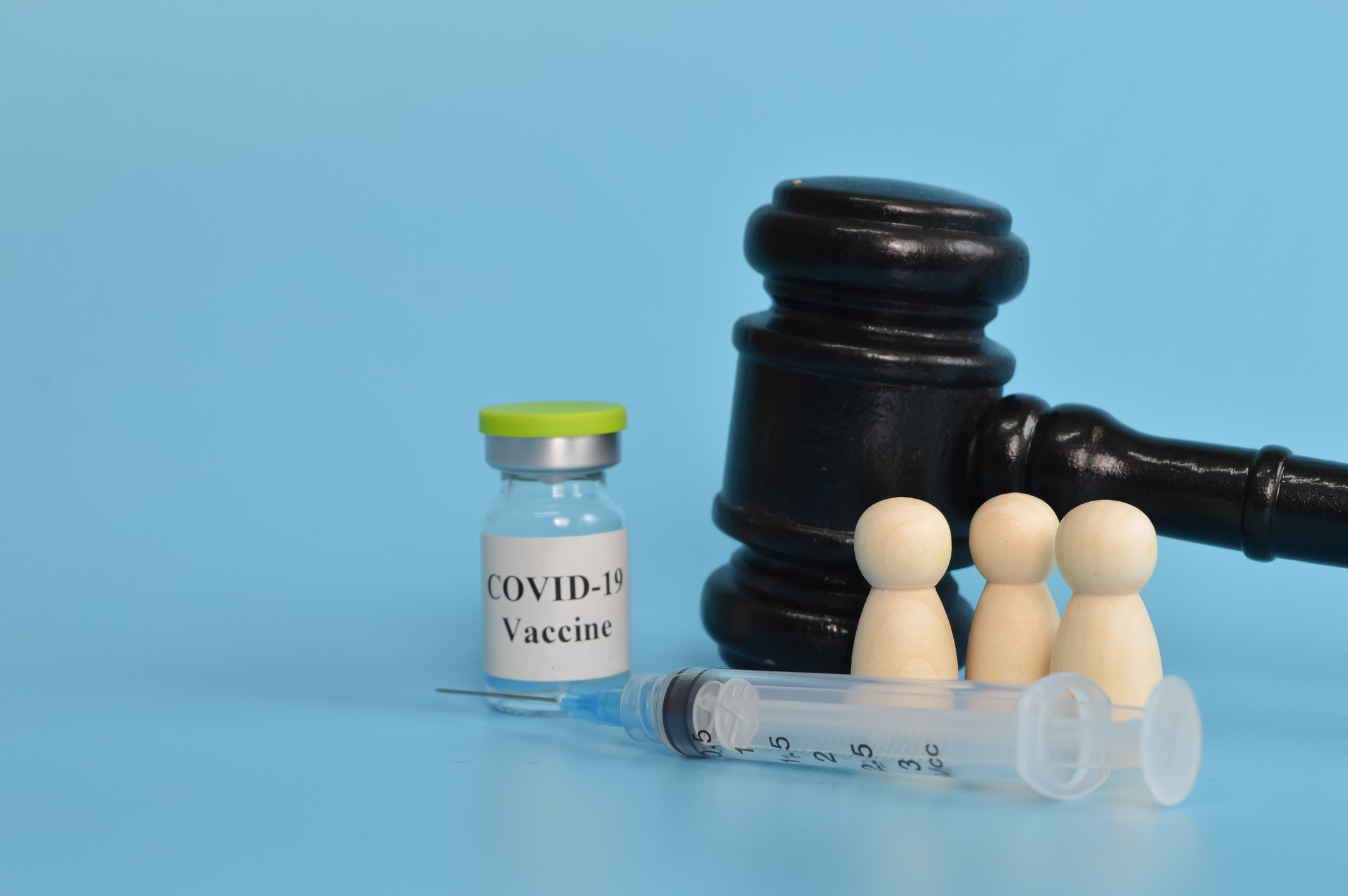Pennsylvania Federal Court Dismisses Religious Discrimination Class Action Challenge to Healthcare Employer’s Mandatory COVID-19 Vaccine, Testing Requirements

By: Lewis Brisbois' Labor & Employment Team
On August 26, 2022, a putative class action brought on behalf of over 100 employees of a healthcare clinic, challenging the clinic’s policy requiring that its employees either receive COVID-19 vaccines or be tested twice weekly for the virus, was dismissed by the U.S. District Court for the Middle District of Pennsylvania. The court rejected the claim that the employer’s COVID-19 vaccination and testing requirements constituted religious discrimination, as well as violations of the U.S. Constitution and state tort laws.
The lawsuit emanated from the healthcare employer’s requirement that all its employees be vaccinated against COVID-19 unless they had a religious or medical exemption. The putative representative plaintiff claimed a religious exemption from the vaccine based on her view that she had a God-given right to make her own choices regarding what is good or bad for her body. The employer permitted her to keep her job on the condition that she undergo COVID-19 testing twice a week, notwithstanding that she worked remotely from home. The plaintiff sought further religious exemption from the testing requirement, stating in an affidavit attached to her complaint that the testing violated her religious belief that testing was a bad choice for her health and body because chemicals and carcinogens are present in the swab and testing material. The employer informed her that it took her refusal to test as a resignation.
The federal court rejected the assertion that the employer refused to offer reasonable accommodations for the vaccine and/or testing mandate in violation of the plaintiff’s religious beliefs. The court agreed with the employer that the plaintiff’s beliefs that the vaccines and tests were harmful and unnecessary were essentially medical concerns, not religious beliefs, and as such they could not support a claim for religious discrimination. According to the court, the plaintiff’s claim of a God-given right to make her own choices would amount to “a blanket privilege” and a “limitless excuse for avoiding all unwanted . . . obligations” and “would be a step too far to count everything plaintiff believed about healthy living as a religious practice.”
In addition to dismissing the claim against the employer for religious discrimination, the court dismissed the plaintiff’s claims that the vaccine and testing mandates violated her rights under the Fifth and Fourteenth Amendments, which failed because the employer did not assume the role of the state in requiring COVID-19 vaccines and testing. The court also ruled that the health clinic employer did not act “in concert” with federal officials by implementing the vaccine mandate as a result of the CDC’s recommendations simply because it may have adopted a vaccine and testing mandate in accordance with the CDC’s recommendations. In essence, the court determined that the plaintiff failed to show that the government was responsible for the conduct of the employer and therefore, the health clinic employer was not subject to constitutional scrutiny as a private entity.
The court’s ruling in this case is a favorable one for employers who require COVID-19 vaccines or testing as part of implementing a safe workplace. The decision also evidences that courts may treat an employee’s irrational, unfounded resistance to COVID-19 vaccines and/or testing under the guise of a violation of their religious beliefs as suspect where the employee attempts to couch an unwillingness to be vaccinated or tested based upon fears or medical concerns as a religious belief, despite having no apparent basis in religious doctrine for the position.
For more information on this topic, contact the author of this post. You can also subscribe to this blog to receive email alerts when new posts go up. Visit our COVID-19 Response Resource Center for additional alerts on the many areas of law impacted by the pandemic.
